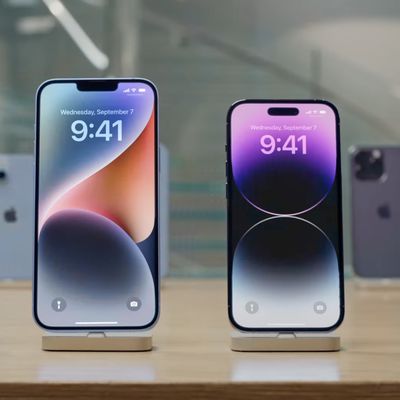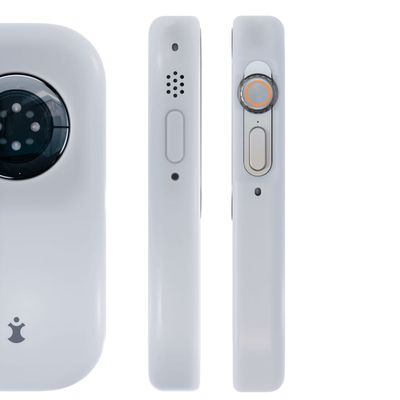Apple Deliberately Holding Back on Mobile Payment System
The Wall Street Journal profiles Apple's "go-slow" approach to mobile payments. In June, Apple announced the inclusion of a feature called Passbook to iOS 6. Passbook allows users to keep loyalty cards, tickets and coupons in one central app. Passbook, however, does not offer a full payment system which has been a rumored area of research for Apple.
The Wall Street Journal reveals that this is a very deliberate decision from Apple:
Holding back in mobile payments was a deliberate strategy, the result of deep discussion last year. Some Apple engineers argued for a more-aggressive approach that would integrate payments more directly.
But Apple executives chose the go-slow approach for now. An Apple spokeswoman declined to comment on the decision-making process. Apple's head of world-wide marketing, Phil Schiller, in an interview last month, said that digital-wallet mobile-payment services are "all fighting over their piece of the pie, and we aren't doing that."
According to the Wall Street Journal's sources, a small group within Apple was reported to have been investigating a new service that would embed payment methods into the iPhone or even build a new payment network. Discussions reportedly included Apple facilitating payments with merchants and even all the way to the possibility of Apple to begin acting as a bank. Apple also considered simpler wallet app possibilities or working with existing middlemen and taking a small cut of each transaction.
Meanwhile, the Apple iPhone team had indeed explored NFC communications options in the next iPhone. Various concerns included impact on battery life, security, vendor adoption and customer satisfaction.
Ultimately, Passbook is said to be the current compromise while Apple presumably waits to see how the mobile payment market matures.
Popular Stories
Apple will adopt the same rear chassis manufacturing process for the iPhone SE 4 that it is using for the upcoming standard iPhone 16, claims a new rumor coming out of China. According to the Weibo-based leaker "Fixed Focus Digital," the backplate manufacturing process for the iPhone SE 4 is "exactly the same" as the standard model in Apple's upcoming iPhone 16 lineup, which is expected to...
Apple typically releases its new iPhone series around mid-September, which means we are about two months out from the launch of the iPhone 16. Like the iPhone 15 series, this year's lineup is expected to stick with four models – iPhone 16, iPhone 16 Plus, iPhone 16 Pro, and iPhone 16 Pro Max – although there are plenty of design differences and new features to take into account. To bring ...
A widespread system failure is currently affecting numerous Windows devices globally, causing critical boot failures across various industries, including banks, rail networks, airlines, retailers, broadcasters, healthcare, and many more sectors. The issue, manifesting as a Blue Screen of Death (BSOD), is preventing computers from starting up properly and forcing them into continuous recovery...
Israel-based mobile forensics company Cellebrite is unable to unlock iPhones running iOS 17.4 or later, according to leaked documents verified by 404 Media. The documents provide a rare glimpse into the capabilities of the company's mobile forensics tools and highlight the ongoing security improvements in Apple's latest devices. The leaked "Cellebrite iOS Support Matrix" obtained by 404 Media...
Apple is seemingly planning a rework of the Apple Watch lineup for 2024, according to a range of reports from over the past year. Here's everything we know so far. Apple is expected to continue to offer three different Apple Watch models in five casing sizes, but the various display sizes will allegedly grow by up to 12% and the casings will get taller. Based on all of the latest rumors,...
If you have an old Apple Watch and you're not sure what to do with it, a new product called TinyPod might be the answer. Priced at $79, the TinyPod is a silicone case with a built-in scroll wheel that houses the Apple Watch chassis. When an Apple Watch is placed inside the TinyPod, the click wheel on the case is able to be used to scroll through the Apple Watch interface. The feature works...





















